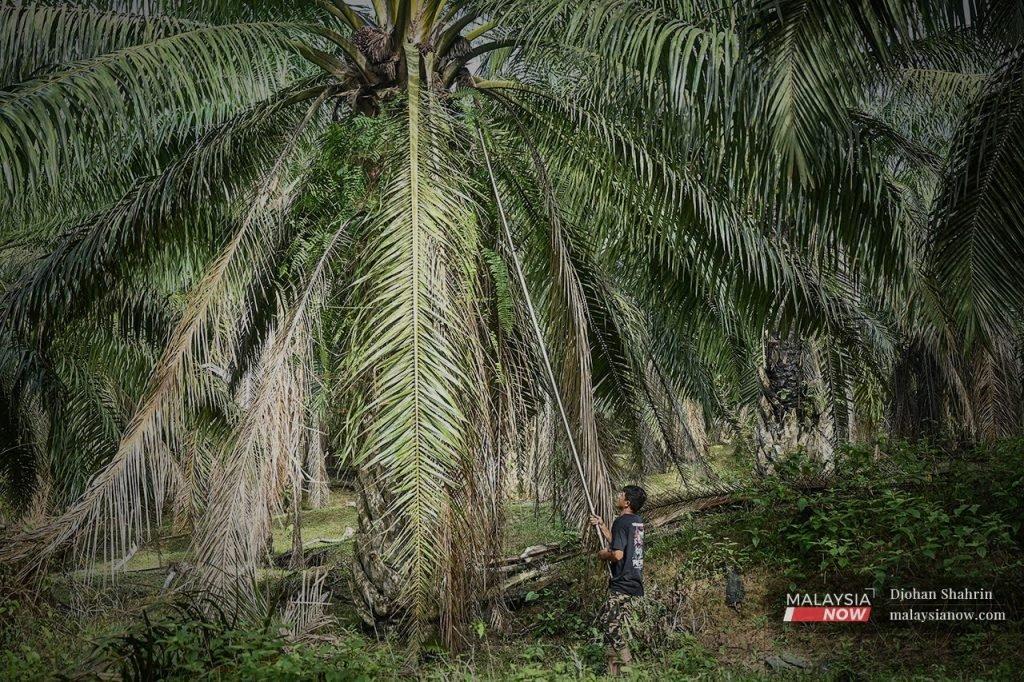Indonesia’s palm oil industry braces for upcoming export ban
The restrictions imposed by Indonesia have driven up global edible oil prices as supplies were already choked by other factors such as drought and shortages after Russia's invasion of major crop producer Ukraine.
Just In
Indonesian palm oil companies were bracing on Wednesday for the impact of a government ban on exports of refined palm olein, with the new rules aimed at taming soaring prices of domestic cooking oil due to come into effect from midnight.
The export ban will be imposed on all producers of refined, bleached and deodorised (RBD) palm olein, which is made by processing crushed palm fruit to remove impurities and accounts for about 40% of Indonesia’s total shipments of palm oil products, according to analysts’ estimates.
A trade ministry regulation detailing the implementation of the rules had not yet been made public, but palm industry participants have been briefed by the economics ministry, Eddy Martono, secretary general of the Indonesia Palm Oil Association (GAPKI), said.
The industry was trying to “operate as usual while continuing to monitor market movements,” he said.
The restrictions imposed by Indonesia, the world’s biggest palm oil maker, have driven up global edible oil prices as supplies were already choked by other factors such as drought and shortages after Russia’s invasion of major crop producer Ukraine.
Plantation company Astra Agro Lestari said it would comply with the new regulations.
“Astra Agro runs its business opportunistically, so we would consider the most profitable price offer and of course it must comply with existing regulations,” company spokesperson Fenny Sofyan told Reuters.
The export ban would remain in place until prices of bulk cooking oil dropped to 14,000 rupiah (US$0.9720) per litre, coordinating economics minister Airlangga Hartato said.
In Jakarta, bulk cooking oil prices were offered at around 19,000-20,000 rupiah (US$1.32-US$1.39) on Wednesday and in other regions prices could be higher, Reynaldi Sarijowan, a senior official at the traditional market traders’ association, said.
Meanwhile, exports of crude palm oil and other refined products would still be allowed, but authorities have threatened to widen the ban if shortages persist at home, according to a government document.
Eddy said that in 2021 domestic consumption of RBD palm olein was 8.3 million tonnes and Indonesia may face storage issues if the ban is prolonged.
Last year, Indonesia produced nearly 47 million tonnes of crude palm oil, according to GAPKI data.
Indonesia’s ban on palm oil exports is unlikely to last more than a month due to limited infrastructure to store the surplus oil and because of mounting pressure from buyers to resume shipments, industry officials said.
Subscribe to our newsletter
To be updated with all the latest news and analyses daily.
Most Read
No articles found.
